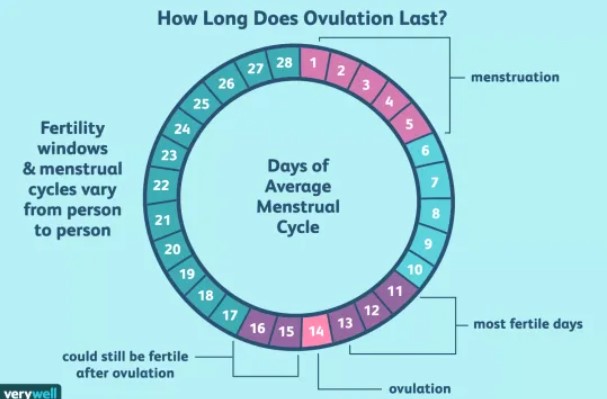
Ugandan women and their fertility
- GenderHealth and WellbeingInternational News
- No Comment
- 301
Only 16% of women and 6% of men can accurately time their fertility window to attain or avoid pregnancy, a new study conducted by Makerere University researchers has found.
The study, which was conducted in districts of Buyende, Mukono and Mbale in 2022 and released on May 31, also found that about half of the couples are struggling to prevent unwanted pregnancies because of limited fertility awareness amid low usage of modern family planning methods.
The study was done among women (374) and men (222). Eligibility was based on a union or a recent relationship.
Fertility awareness is a method of birth control where a woman monitors and records different fertility signals during her menstrual cycle to work out when she’s likely to get pregnant. “Understanding of fertility is low. Many people don’t know when a woman is more likely to get pregnant in her cycle,” said Dr Simon Peter Kibira, the lead researcher.“Without knowing this, there are methods that people cannot use like fertility awareness methods such as moon beads. But also, knowing that at some point, if I want to get pregnant now, this is what I need to do to get pregnant,” he added.
Using the range of 0 to 6 as the standard measure, the report indicates that fertility awareness scores were 3.6 for women and 3.3 for men in the districts. The new report partly explains previous findings by the same school that 43% of over one million children born in 2020 were unplanned, as only 45% of sexually active women in the country are using different family planning methods.
The researchers said the in-depth interviews echoed the misunderstandings about the relationship between fertility and the menstrual cycle among women and men measured in the survey. “One common misunderstanding is that women are most fertile either during or just after the menses end– because that is when women are ‘most open’,” Dr Kibira said in Kampala.
The Makerere University report is also concerning because some religions discourage their members from using modern family planning methods, yet from the study, the understanding of natural family planning methods is low.
Uganda’s more than 44 million people population comprises over 20 million women, according to government data.
By Moses Ndhaye, Tonny Abet
Provided by SyndiGate Media Inc.
https://www.msn.com/en-xl/africa/top-stories/84-of-ugandan-women-can-t-tell-their-fertility-window-report/ar-AA1bZ1XL?ocid=msedgntp&pc=U531&cvid=64f9cca56d3f44158603ffd0b01a8249&ei=41


